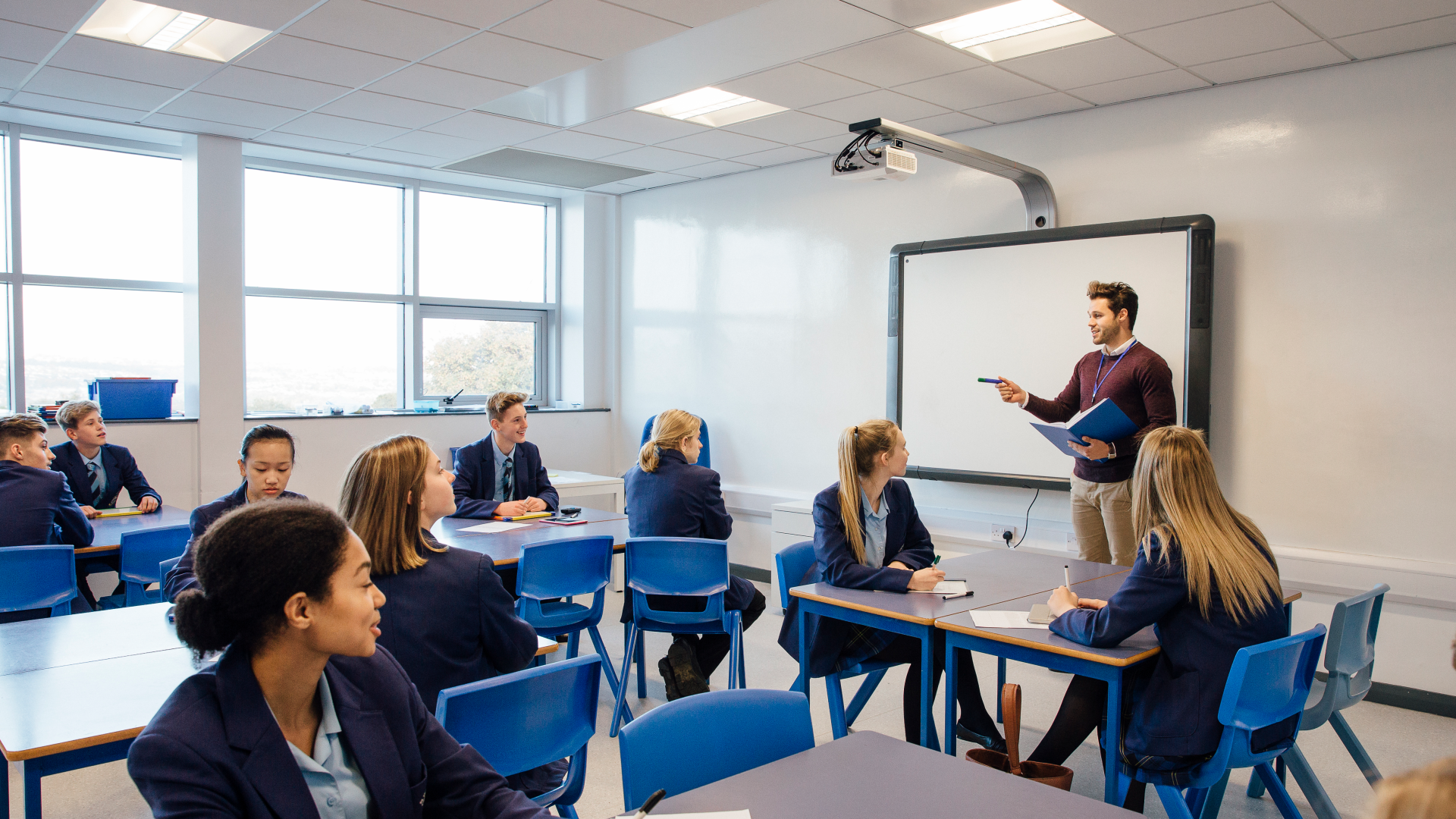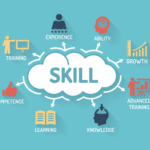The Cornerstone of Educational Through controlled classroom experiences and interactions with teachers, children gain information and skills through school-based learning, a classic but developing approach to education. It is the cornerstone of all formal education systems and has a significant impact on how pupils develop intellectually, socially, and emotionally.
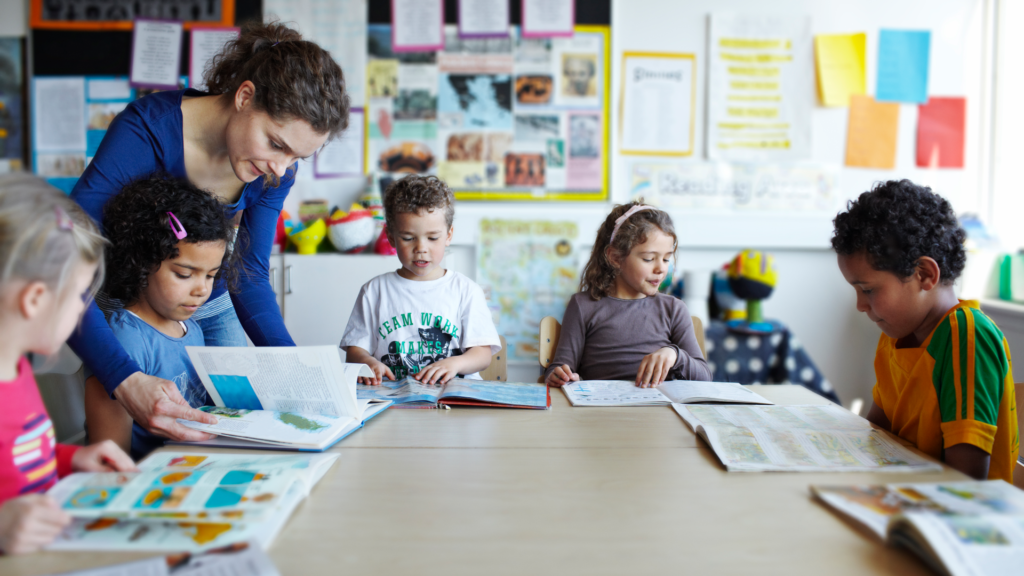
The Foundations of School-Based Learning
School-based learning is distinguished by its regimented setting, in which instruction is provided according to a curriculum created to satisfy both academic requirements.
Curriculum and Standards
A clearly designed curriculum gives teachers and students a road map by outlining the topics and material. Curriculum standards provide a common framework for what students should learn at each grade level and guarantee that educational goals are addressed consistently..
Classroom Environment
An essential component of is the classroom setting. In addition to material components like seating charts and supplies, a supportive and inclusive environment is one of the psychological components of a conducive learning environment.

Teacher Expertise
The core of school-based learning is the teacher. Their knowledge, pedagogical abilities, and capacity for student engagement have a big impact on how well students learn. Teachers can stay current on emerging trends in education and best practices by participating in professional development and continuing training.
Assessment and Evaluation
This requires assessment and evaluation since they give information on students’ growth and comprehension. A range of assessment techniques, such as examinations, projects, quizzes, and presentations, are used to gauge student progress.
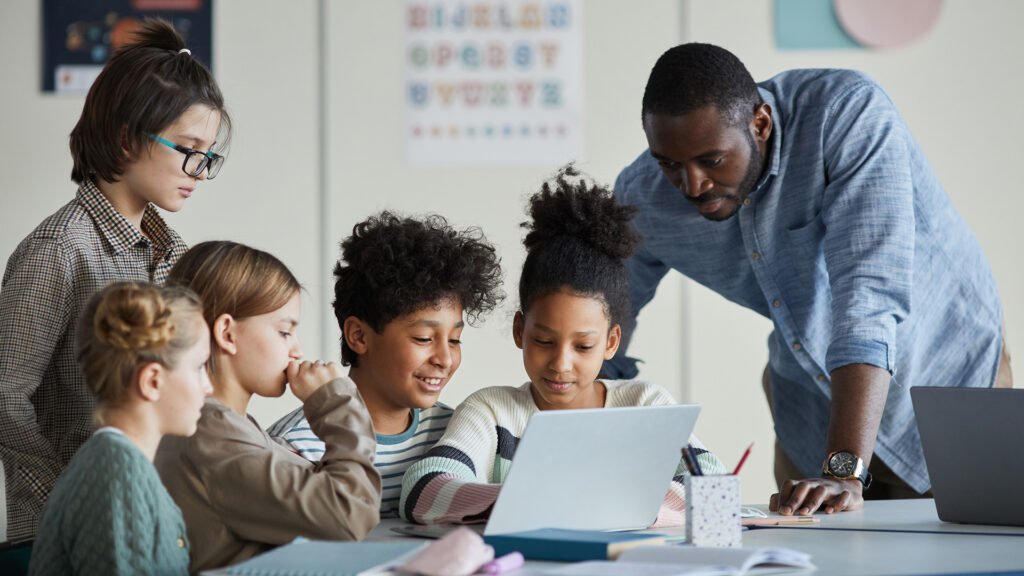
Social Interaction and Collaboration
Students’ collaboration and social contact are encouraged . In the classroom, group projects, conversations, and cooperation foster a sense of community while also advancing communication and social skills.
Structured Learning
With the regulated approach to education offered by kids are guaranteed a thorough and organized education.
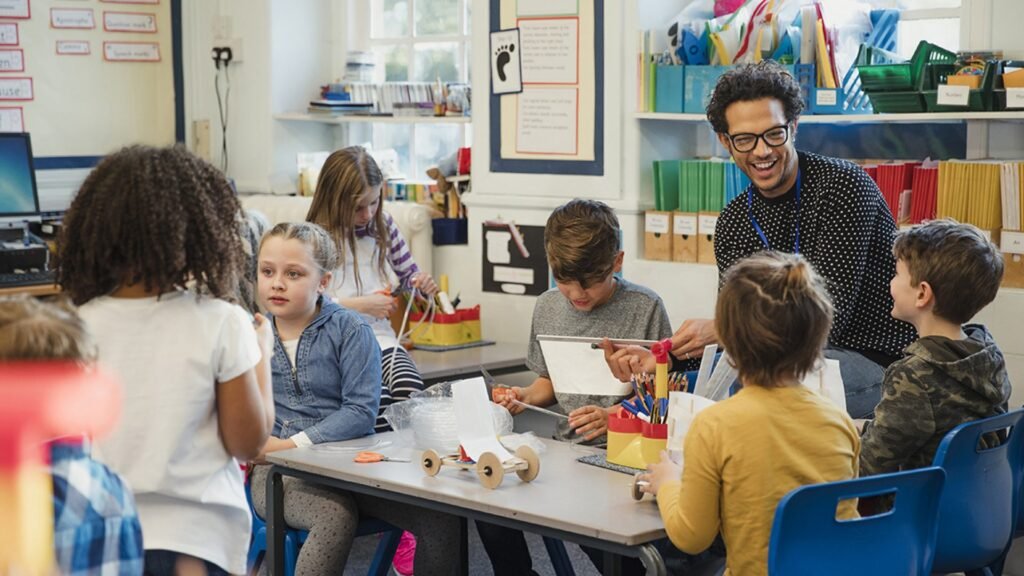
Access to Resources
Schools usually give students access to a variety of resources, such as technology, labs, and libraries. These tools improve education and assist learners in delving into and comprehending difficult ideas.
Conclusion
A key component of education is still same , which offers a disciplined and encouraging setting for children to study new material, hone their social skills, and experience emotional development.
FAQs
What is the meaning ofschool-based learning?
The term “school-based learning” describes the formal education process that occurs in a classroom environment, when students participate in a variety of teacher-led instructional activities and follow a predetermined curriculum.
What is the future ofthis kind of learning?
Future school-based learning initiatives are probably going to incorporate more technology, use more individualized learning strategies, and place more of an emphasis on social and emotional growth.
How does school-based learning prepare students for the future?
Through the acquisition of fundamental information, critical thinking abilities, and social competences necessary for success in postsecondary education and the workforce, school-based learning equips students for the future.
What role does technology play in school-based learning?
Through the provision of interactive and multimedia resources that complement instruction, technology improves school-based learning.
How does school-based learning support social development?
Through opportunities for peer interaction, group activities, and cooperative projects, school-based learning promotes social development in students.

